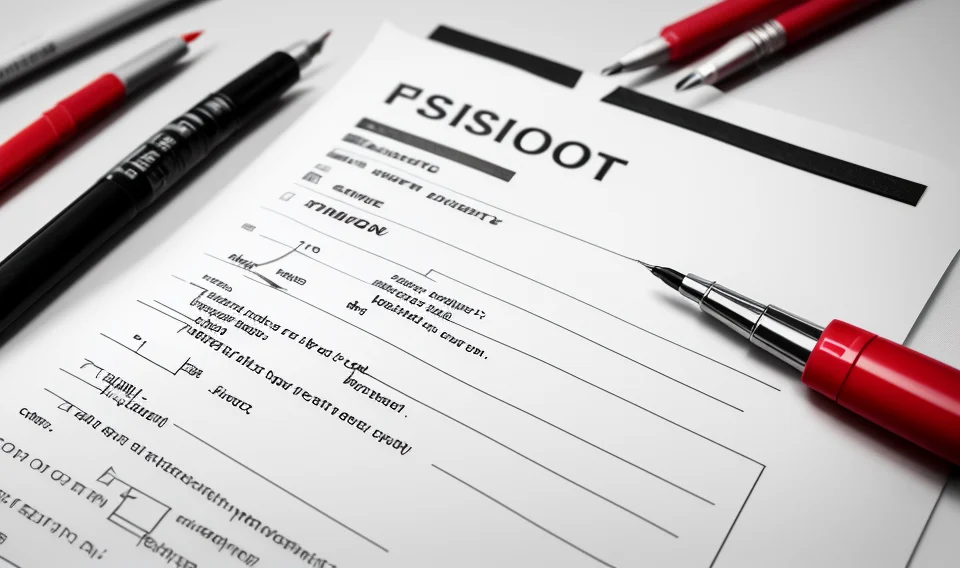![]()
Embracing the Challenges of A-Level Physics: A Journey Towards Academic Success 🌟
Hi there, students, parents, tutors, and teachers! 🤝
Welcome to our guide on common A-Level Physics mistakes students often make before exams. As we gear up for the academic season, let’s navigate the complex and exciting world of A-Level Physics together and help you secure your path to success.
Preparing for A-Level Physics exams can be overwhelming, but fear not! In this article, we’re going to share practical tips, insights, and actionable advice to help you avoid common pitfalls, develop effective study strategies, and boost your confidence. 💪
Common Mistakes to Steer Clear of 🚫
- Neglecting Past Papers 📝: Past papers are your best friends! They provide an accurate reflection of the exam format, question types, and the expectations of the examiners. Regularly practicing past papers will help you familiarise yourself with the exam structure and improve your time management skills.
- Rushing Through Topics 🏃♀️: Don’t just skim through topics—dive deep! A-Level Physics is all about understanding the principles and applying them correctly. Make sure you master each concept before moving on to the next.
- Ignoring Key Equations 📝: Remember, Physics is the language of the universe! Key equations are the building blocks of your solutions. Write them down, memorize them, and use them wisely.
- Failing to Practice Problems 📋: Practice makes perfect! Integrate problem-solving exercises into your study routine to build confidence and ensure you’re applying your knowledge accurately.
- Procrastinating ⏱️: Don’t wait for the last minute! Create a study schedule and stick to it. Break your revision into manageable chunks, and make time for regular breaks to avoid burnout.
Real-Life Examples and Solutions 🌟
Let’s take a look at an example question from the A-Level Physics syllabus:
Question: A ball is thrown horizontally off a cliff with an initial velocity of 10m/s. The coefficient of friction between the ball and the ground is 0.2. How far will the ball travel before coming to a stop?
Mistake: Forgetting to consider the horizontal and vertical components of velocity and acceleration.
Correct Solution:
- Calculate the horizontal component of velocity (vx) and the horizontal component of acceleration (ax) due to friction.
- Use the equation d = vx * t + 0.5 * ax^2 to find the time it takes for the ball to come to a stop.
- Multiply the horizontal component of velocity by the time found in step 2 to get the total distance the ball travels.
Student Motivation and Parent Support 🤝
Parents, your support is crucial! Encourage your child to develop a positive mindset, create a conducive study environment, and celebrate their achievements along the way.
Tutors and Teachers, your guidance is invaluable! Personalised learning, tailored to each student’s needs, can make all the difference in their academic journey. Consider offering online tutoring services for added flexibility and convenience.
Revision Tips for A-Level Physics 📚
- Organize your notes and resources.
- Create flashcards for quick revision.
- Teach a friend or family member.
- Recap key topics regularly.
- Break your study sessions into manageable chunks.
- Reward yourself for achieving your study goals.
FAQs ❓
Question: What resources can I use for A-Level Physics revision?
Answer: Utilize textbooks, online resources, past papers, and tutoring services for comprehensive revision materials.
Question: How can I stay motivated during my revision?
Answer: Set achievable goals, take regular breaks, and celebrate your progress to keep your motivation high.
Question: Should I focus on memorizing equations or understanding the concepts?
Answer: Both are essential! Memorize key equations, but make sure you understand the concepts and can apply them correctly.
Question: How can I improve my problem-solving skills in A-Level Physics?
Answer: Practice, practice, practice! Solve a variety of problems to build confidence and improve your problem-solving abilities.
Question: How can I create an effective study schedule for A-Level Physics revision?
Answer: Break your revision into manageable chunks, create a timetable, and stick to it.
Question: What are some tips for dealing with test anxiety?
Answer: Deep breathing exercises, positive self-talk, and practicing relaxation techniques can help manage test anxiety.
Question: How can I improve my understanding of complex Physics topics?
Answer: Break down complex topics into smaller, manageable parts, use real-world examples, and seek help from a tutor or teacher when needed.
Question: How can online tutoring benefit my A-Level Physics studies?
Answer: Online tutoring offers flexibility, personalised learning, and convenience, helping you achieve academic success.




